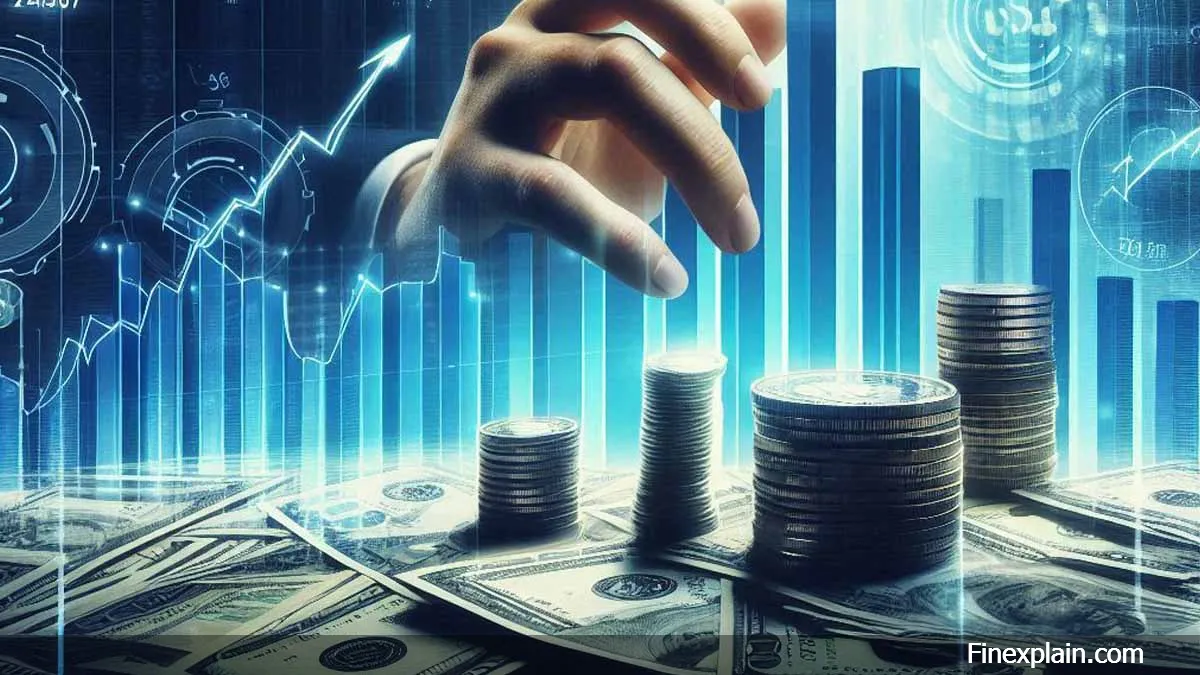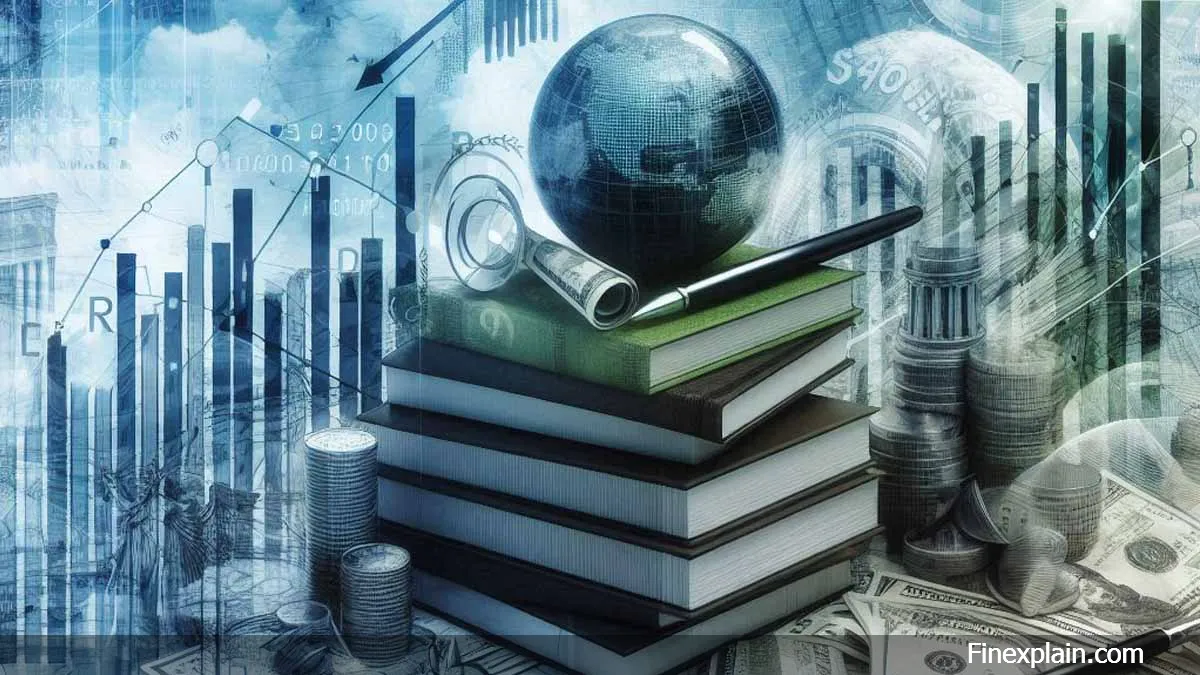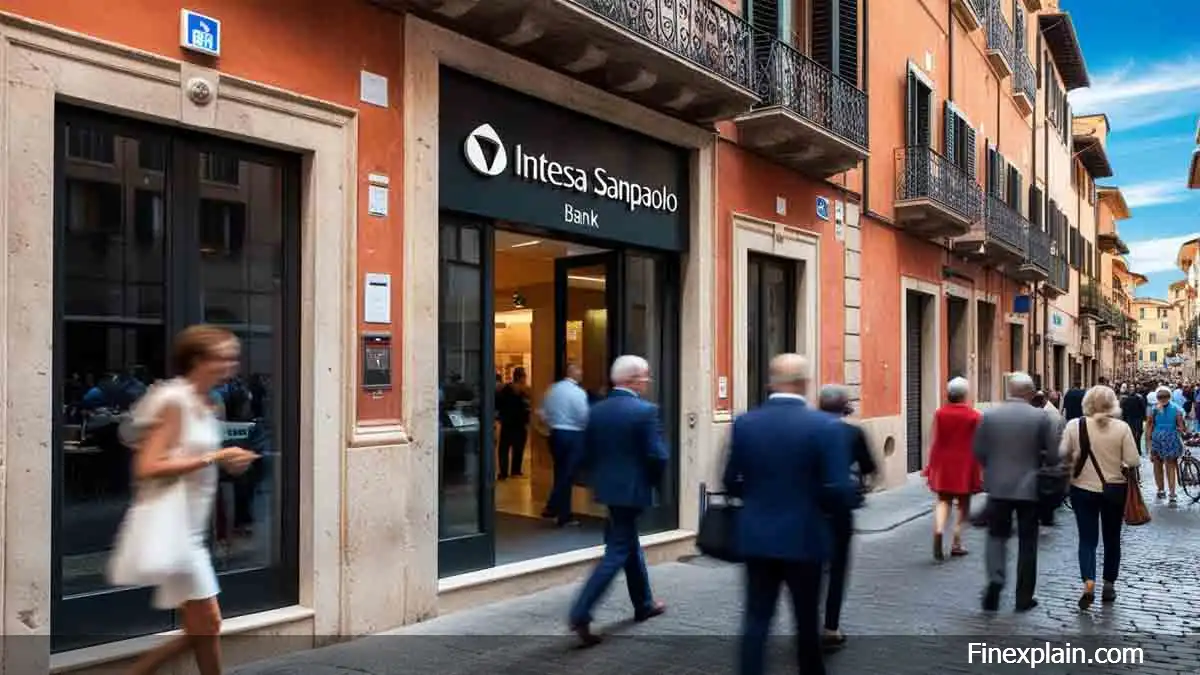
Taxes can be a tricky concept, even for adults, but explaining them to a child doesn’t have to be boring! Let’s break it down in a way that’s fun and easy to understand. Taxes are like a small share of money that people give to the government to help build schools, fix roads, and keep parks clean. Think of it as everyone chipping in to make the world a better place.

Banking errors can sometimes lead to minor inconveniences, but in rare cases, they result in catastrophic financial losses. Some of these mistakes cost millions—or even billions—due to human error, technical glitches, or security breaches. One of the most shocking cases of all time involved Citibank in 2020, where a simple mistake led to a loss of nearly $900 million. Here’s how it happened.

Your credit score is a crucial factor in personal finance, yet many people don’t fully understand how it works. A credit score is a three-digit number that represents your creditworthiness. Lenders, landlords, and even employers use it to assess how responsible you are with money. The higher your score, the better financial opportunities you’ll have.

Many people underestimate the power of compound interest, but it’s one of the most important principles in finance. Simply put, compound interest is when you earn interest not only on your initial deposit but also on the interest that accumulates over time. This allows your money to grow exponentially rather than linearly.

An emergency fund is one of the most important financial tools, yet many people overlook its necessity. In finance, having an emergency fund means setting aside money for unexpected expenses such as medical bills, car repairs, or sudden job loss. Experts explain that this safety net can prevent financial stress and the need for high-interest debt.

Inflation is a term we often hear, but many struggle to explain what it actually means and how it impacts personal finance. In simple terms, inflation refers to the general rise in prices over time, which reduces the purchasing power of money. This means that over time, the same amount of money buys fewer goods and services.

Sweden is often called the world’s first “cashless society,” and for good reason. Over the past decade, the use of cash has dramatically declined, with many businesses and even banks no longer handling physical money. But why is this happening? Let’s explain the key factors behind this shift in finance.



